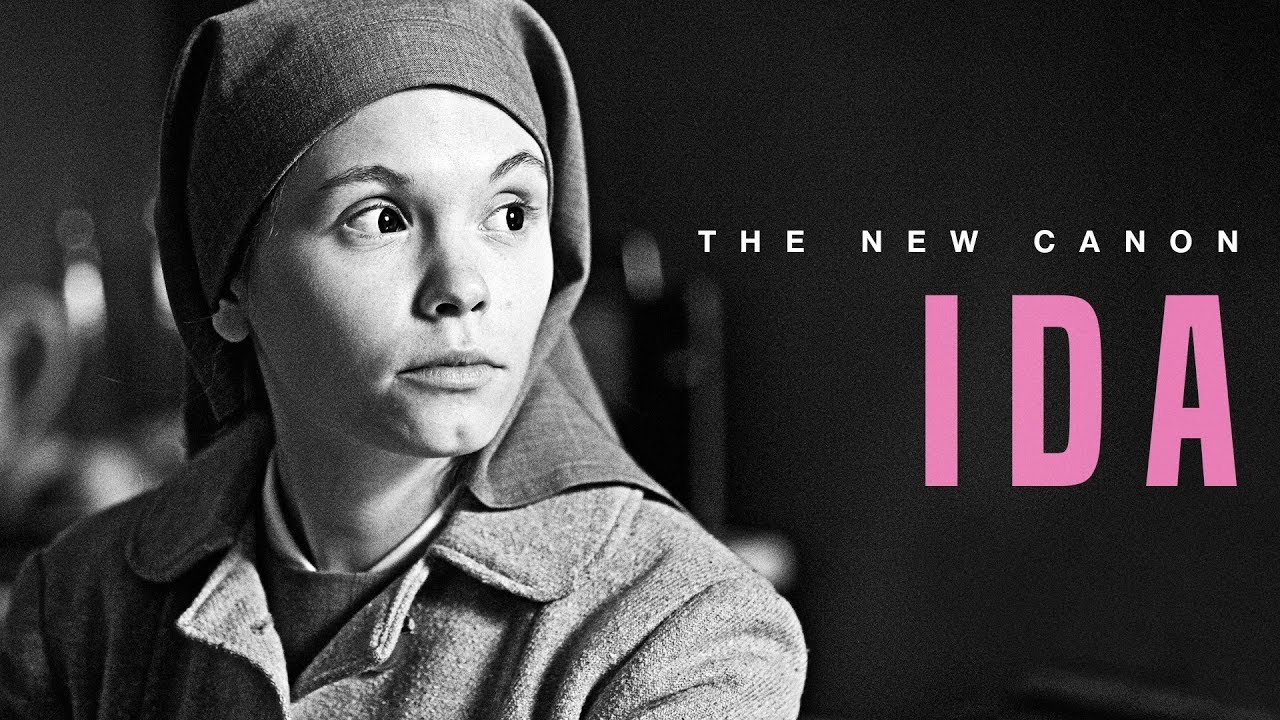“Let’s say that I come from a family full of mysteries and contradictions and have lived in one sort of exile or another for most of my life. Questions of identity, family, blood, faith, belonging, and history have always been present.” – Paweł Pawlikowski
Director Paweł Pawlikowski is as fascinating an interviewee as he is a filmmaker. He was born in Poland, but spent the majority of his adult life and career in the UK. His first two features, the tough but tender immigration drama Last Resort (2000) and the fevered, sapphic coming-of-age fable My Summer of Love (2004) remain two of the very best British films of the century. After personal tragedy interrupted his career he returned with the baffling (yet intriguing) Parisian psychological thriller, The Woman in the Fifth (2011) with Ethan Hawke and Kristin Scott-Thomas. Then, at long last, he seemed to enter into an exultant era of personal filmmaking with the release of his first Polish film, Ida (2013).
With Ida Pawlikowski was finally able to tap into personal memories of his youth, while fashioning a brand new story, in a wholly original style. The risks in form, as well as content, were considerable. Ida surpassed all of Pawlikowski’s previous achievements, even winning the Oscar for Best Foreign Language Film. Prizes are one thing, but the bigger reward is surely how the film re-energized his desire to make films. His follow-up, Cold War, another period, mainly Polish-language film, is another triumph that won him the Best Director award at Cannes this year. Now more than ever it’s worth looking at how Ida, with its story of faith tested and a tragic past confronted, helped renew Pawlikowski’s own creative vows.
“Ida” is just the latest movie in Fandor’s New Canon, where we establish modern classics that need to be watched for their beauty, importance, style, and vision. Check out our previous entrees: “Carol,” “Uncle Boonmee,” “Toni Erdmann,” “Oldboy,” and “A Touch of Sin.”



